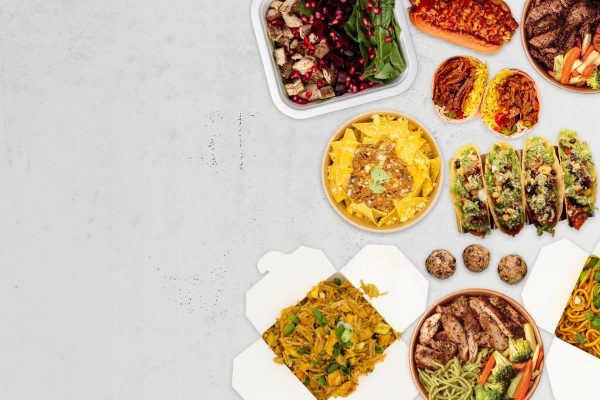The Best and Worst Practices When Opening a Virtual Kitchen
Best practices include:
Prepare a digital-heavy marketing budget and plan. For many of our restaurant partners, this requires a major pivot from being a brick-and-mortar brand to a fully digital one. This is one of the most important practices yet often one of the most underestimated. When opening a virtual kitchen, we look to augment everything the member is already doing. This includes things like how to create a grand opening, digitally market it to bring people in, and working with them on an ongoing marketing plan to promote their business through organic and paid channels.
Use customer data to drive customer acquisition and retention. Digital marketing is always about understanding who your customer is and how to reach them. This customer data is critical, which is why Kitchen United shares all of your customer data with you so you can leverage that data in all of your marketing efforts.
Opt in to all revenue channels (pick-up, delivery, and catering). Delivery may be an indelible part of the consumer landscape now but that doesn’t mean you should limit yourself. In the to-go business, consumer pick-up still maintains a hefty share of the market, and your virtual kitchen location may well offer it. Every dollar makes a difference, especially during turbulent times.
Not only should you opt in to channels beyond delivery, but also to multiple third-party marketplaces. A lot of third-party delivery providers offer exclusivity deals, but we’ve found that those can actually hurt business, especially if that third-party marketplace is not the market share leader in your area.
However, signing up for multiple delivery providers can mean managing inbound from several different sources and potentially several different tablets. Having an aggregator like Ordermark can really help your team keep everything in order. Aggregators pull in orders from different marketplaces into one place so you don’t have to deal with tablet farms (managing different tablets for different delivery marketplaces). If you’re moving into a virtual kitchen, they may offer a custom solution. Make sure to ask!
Invest in online reputation management. It’s important to claim all of your digital listings, primarily Google and Yelp, and manage them as you would any other location. This means setting up your listings, making sure the information is accurate and consistent, and actively managing customer reviews. The goal is to make it easy for your customers to find you, and the more consistently they can do that, the higher you appear in search results. And once those listings are set up, you’ll want to check them often to take in customer feedback and respond accordingly. Although this isn’t always easy, remember that feedback gives you an opportunity to fix any blindspots that you may have in your operations.
Worst practices include:
Treat openings similarly to brick and mortar stores. You can no longer rely on the just-open-the-doors-and-put-a-sign-up strategy of marketing a restaurant. Virtual kitchens have limited signage possibilities and unpredictable foot traffic compared to brick-and-mortar restaurant locations, making digital marketing resources and plans even more essential. Kitchen United offers ongoing marketing support to all of our members, but it’s helpful to have your own team or outside resources as well.
Opt out of community activations and engagement. Without a traditional storefront, community activation and engagement is key to driving traffic to your virtual kitchen. Our kitchen centers are unique in that they feature a customer-facing front of house, making it easy to create a brand presence and deliver a great customer experience. By not investing in grand openings and other events that bring people in to sample your great food, you’re missing out on critical opportunities to engage with potential customers.
Take a hands-off approach: poorly trained and managed staff. In a virtual kitchen, there are similarities to how you operate your other locations, but there may also be differences that you may or may not expect. Being hands on can help you address issues early on and pivot as needed. It’s up to our members to lead, and Kitchen United provides support as necessary.
Source:





